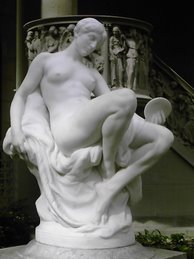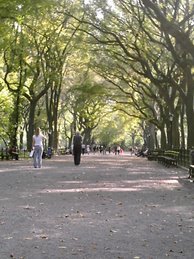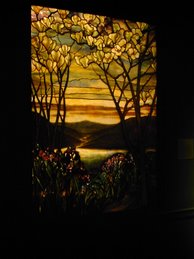 Did you know Steve Jobs thought our government-run public schools were terrible union-driven bureaucracies, not meritocracies (to use his words)? It’s one of the best slices of this interview he did for an Smithsonian Oral History project that was conduced by the Computerworld Information Technology Awards Program in 1995.
Did you know Steve Jobs thought our government-run public schools were terrible union-driven bureaucracies, not meritocracies (to use his words)? It’s one of the best slices of this interview he did for an Smithsonian Oral History project that was conduced by the Computerworld Information Technology Awards Program in 1995.Jobs offers his thoughts on a host of issues —from the artistry he believed was integ...ral to making computers, how Apple was coasting and steadily declining while he was out of the company, to hiring A-class producers and firing lesser employees, to Pixar and digitally animated films such as Toy Story, to so-called “social responsibilities.”
In answer to a question about the latter (near the end of the interview), Job’s took issue with the faith that he had any such responsibilities. Instead, he said, “We’re all going to be dead soon. That’s my point of view. Someone once told me: ‘Live each day as if it will be your last, and one day you’ll certainly be right.’ And I do that … I think you have a responsibility to do really good stuff and get it out there for people to use and let them build on the shoulders of it and keep making better stuff.”
In hindsight, after experiencing all the great products that Jobs came to produced in the computer, film, communications and music industries, it’s safe to say he lived by his words that put his love of his work above all else.
While you can, as I did, take issue with some of his views, particularly on monopolies, the government’s roll to protect the Internet as a “public trust,” and Silicon Valley’s innovations as primarily the product of the so-called 1960’s counterculture, there’s a lot to enjoy in this interview. Most of all, he comes across as a thoughtful, articulate, impassioned innovator.
Photo by Joseph Kellard







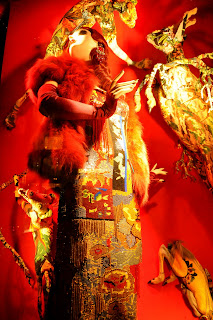


































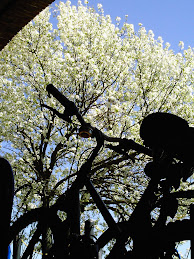



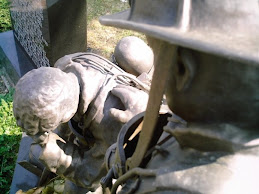
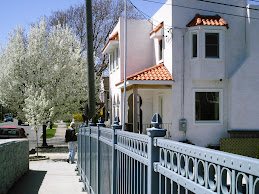
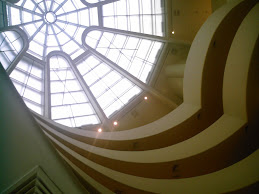+-+June+2009.jpg)


